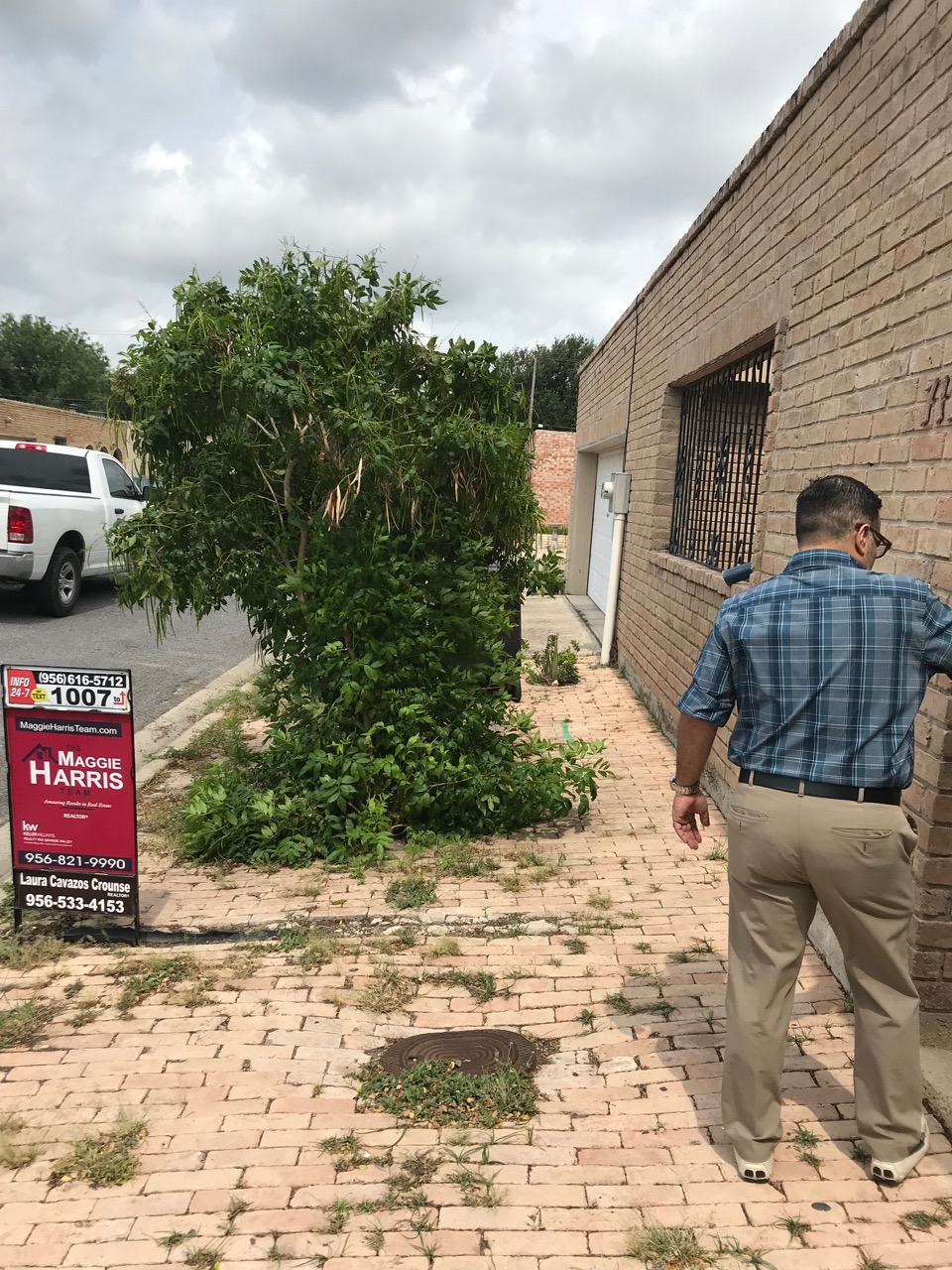Caring for an aging parent can be a profoundly challenging and emotionally taxing experience. When living alone becomes no longer feasible, transitioning a parent to an assisted living facility can alleviate the burden of care. In my personal experience, I encountered significant resistance when tasked with facilitating my mother’s move from independent living to a long-term care community. Under no uncertain terms did my mother want to go to a facility. She had already made up her mind about what that experience would be like. To gain support and facilitate the transition, I sought the assistance of my mother’s primary care physician. Together, we presented a compelling case to her, highlighting the advantages of moving to a retirement community. I also aligned family members to speak in one voice and reiterate that it was time to stop living alone. We used all the reasoning skills one would expect; being a fall risk, additional personal security, receiving adequate diet, 24/7/365 care, prescription medicine distribution and adherence, personal hygiene assistance, and to forgo the use of a vehicle. The latter being labeled as “the final stab at taking away my personal freedom.” In my mother’s case, she had been involved in two minor fender benders, despite her insistence on her innocence. Recognizing her tendency to be absent-minded and hearing impaired, my sister and I made the decision to purchase a vehicle equipped with active driving assistance. This measure was intended to enhance her safety on the road, yet she still had mishaps which led to significant rate increases.
After touring four facilities, we settled on a larger, established community that provided good service for the dollar; three meals a day, numerous activities, lots of residents, and the ability for additional care that she needed. Assisted Living comes at a steep price. In my mom’s case Level 1 care costs about $1,000 a week, however, we’ve recently had to increase her care adding an additional $250 a week. It adds up quickly and her reserves are taking a hit. However, knowing she’s got oversight and adequate care is worth the expense. Add to that, she’s not living with me or my sister. That situation would bring significant life changes to both of us and we’re willing to deplete her resources to keep our quality of life.
Incidentally, my mother has been battling a blood infection and has been hospitalized for a week, followed by three weeks in skilled nursing. She has maintained contact with her friends at her assisted living residence and is eager to resume her life in her suite, socialize with her friends, participate in the daily bingo gathering, and embark on outings to establishments such as Olive Garden and Cheddars, and elsewhere.
In conclusion, if you are currently grappling with this challenging situation, it is important to recognize that there is a positive resolution in sight. While the transition may not be inexpensive or straightforward, and you may initially encounter resistance, accusations of betrayal, and dismissal, it is crucial to persevere. Over time, acceptance will prevail, new friendships will be formed, and a sense of community will develop.

